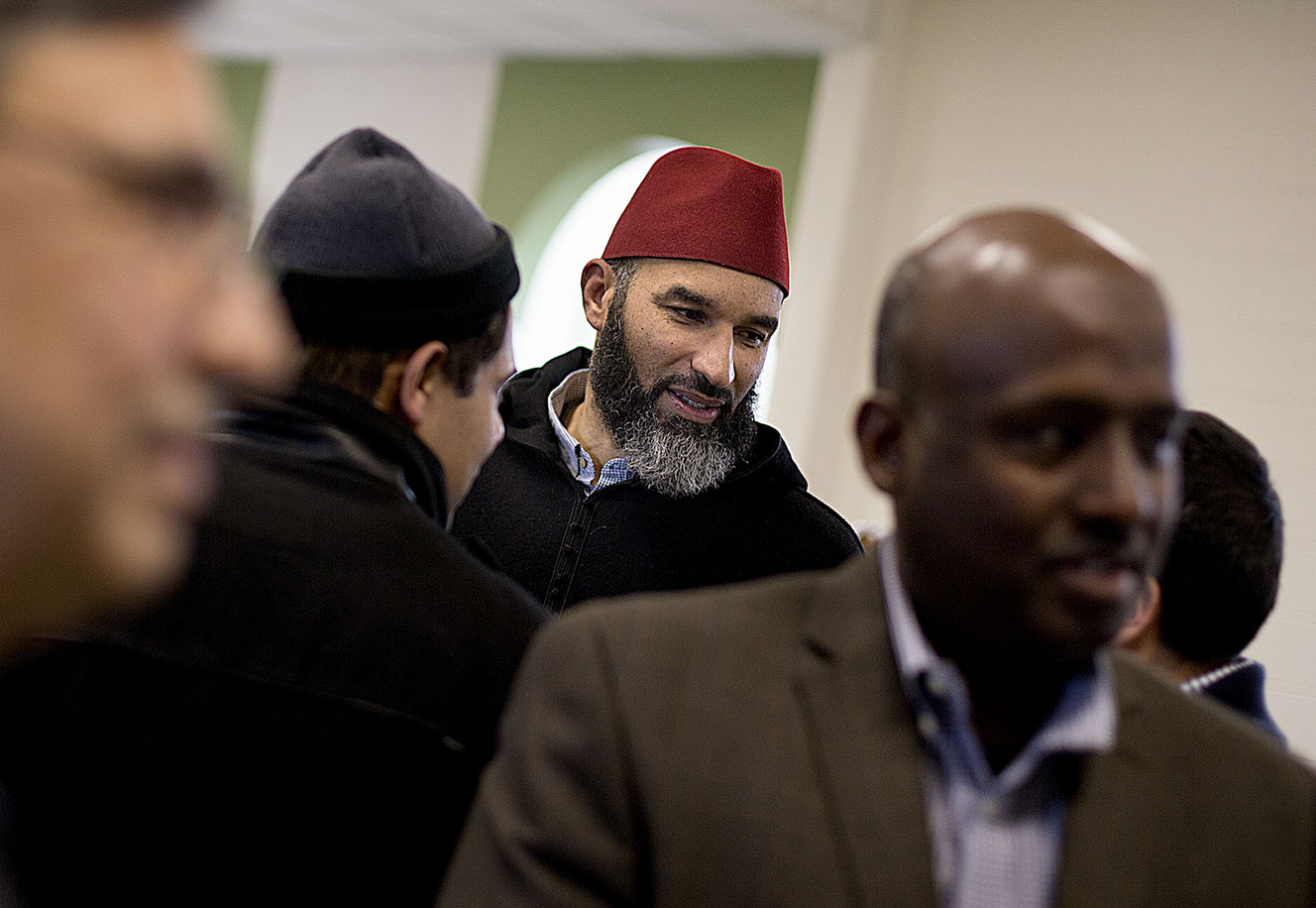
West Valley City, 07 Jumadil Awwal 1438/04 February 2017 (MINA) – President Donald Trump’s executive order banning travelers into the U.S. from seven Muslim-majority countries unsettled members of Khadeeja Islamic Center in Utah, who say they already face discrimination due to their faith.
Also Read: UN Member States Renew Calls for Reform as Organization Marks 80th Anniversary
But it also prompted an outpouring of support in the form of letters, flowers and new faces at Friday’s weekly prayer service, ksl.com reported.
“You should never confuse Americans with American foreign policy,” said Imam Muhammed Shoayb Mehtar during his opening remarks. He celebrated recent protests at the Salt Lake City International Airport and thanked everyone for coming.
Dozens of non-Muslims joined regular worshippers at the event, called a Jumah prayer, after community leaders like state Sen. Jim Dabakis, D-Salt Lake City, urged Utahns to attend as an act of solidarity. Guests were greeted at the door by regular attendees, who showed newcomers where to leave their shoes and coats.
“I believe in religious freedom, and I want to support Muslims,” said David Page, of Salt Lake City, noting that Friday’s prayer was his first experience at a Muslim worship service.
Also Read: Trump Warns Israel Could Lose All US Support Over West Bank Annexation
The Jumah prayer is like a Sunday service for Christians, but it’s shorter and less formal, Imam Mehtar said. Each Friday, he opens with a brief discussion of the political or personal issues that might be on attendees’ minds, before transitioning to a brief sermon and group prayer.
“The sermon is supposed to be pragmatic. It tells individuals how to improve their given lot and how they improve the lives of others,” he said.
Men of all ages in stocking feet sat on the light green carpet of the Islamic center’s main floor, while women and young children listened from a balcony.
Also Read: Trump: Israel ‘Not Going to Do Anything with West Bank’ After Annexation Vote
Drawing closer to God
This week’s sermon was delivered by Imam Dawood Yasin, a guest from Zaytuna College in Berkeley, California. Like Imam Mehtar, he addressed Trump’s executive order, emphasizing the importance of not only responding with protests and political engagement, but also by drawing closer to God.
When something troubling happens, “I ask myself, ‘Am I turning to my Lord or to CNN to see what they have to say about it?’” Yasin said.
His message resonated with Amanda Tonks, a Utah Valley University student and member of The Church of Jesus Christ of Latter-day Saints, who attended the Jumah prayer with her younger sister, Natalie.
Also Read: Mahmoud Khalil Accuses Trump Administration of Silencing Pro-Palestine Voices
“I loved his message so much,” she said. “You should see everything going on in the world and turn to God.”
Imam Mehtar said he hosted the solidarity event so that guests could recognize what’s shared between their faith and Islam, as Tonks did. He thought it could also highlight the diversity of the Muslim community.
“American Muslims are a developing group. Many members are first- or second-generation citizens. We’re not very involved in the media or politics yet. As a result, individuals look at us as not contributing or doing enough. They don’t view us as a diverse group,” he said. “We wanted to showcase the diversity within our group, not just in terms of skin color or language, but also in background and educational status.”
Visitors had an opportunity to see Muslims of all ages and many ethnicities come together to laugh, chat and pray. On the upper floor of the Khadeeja Islamic Center, Muslim women handed out scarves to guests, helping them wrap the fabric loosely around their hair.
Also Read: Trump Confirms Gaza Ceasefire Still in Effect Despite Israeli Violations
Getting out of your religious comfort zone helps to break down barriers, said Caroline King, of Salt Lake City.
“It’s important to understand your neighbor,” she said. “A lack of knowledge can lead to fear.”
Although the political climate remains contentious, Imam Mehtar said he takes comfort in the new bonds formed through Friday’s solidarity event.
“We have learned that there are people out there who are very kind and compassionate and loving,” he said.
Also Read: Massive ‘No Kings’ Protests Erupt Across 50 US States Against Trump’s Hardline Policies
Imam Mehtar and other members of Khadeeja Ilsamic Center said guests are always welcome at Jumah prayer, which begins at 1:25 p.m. on Fridays. Attendees are expected to dress modestly, and women are asked to cover their hair with a scarf.
(T/RS05/RS01)
Mi’raj Islamic News Agecy (MINA)
Also Read: Mass Layoffs Hit Federal Agencies Amid Trump’s Government Shutdown






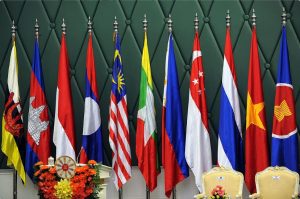

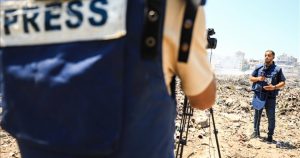
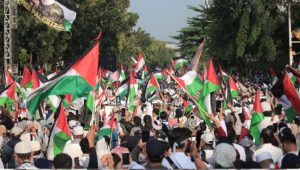
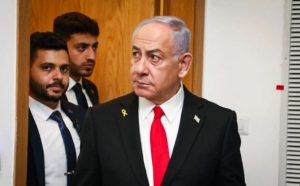
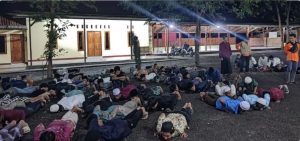
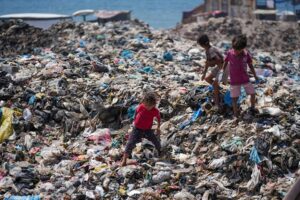
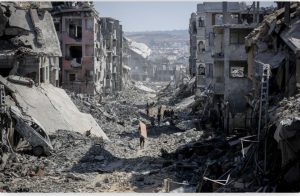

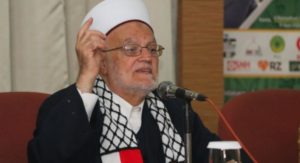
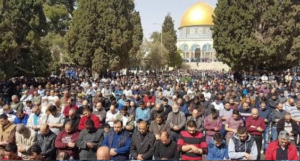
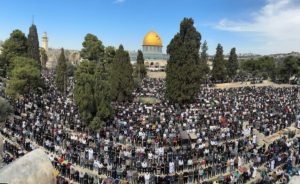
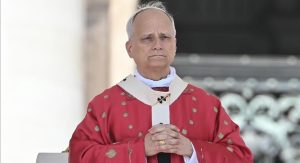
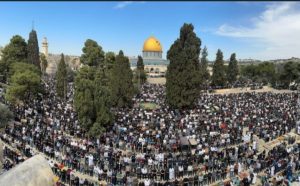






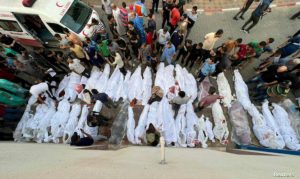
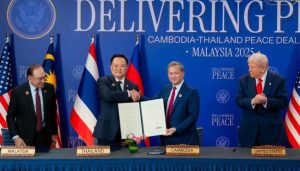
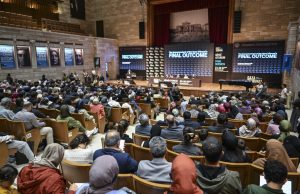






 Mina Indonesia
Mina Indonesia Mina Arabic
Mina Arabic